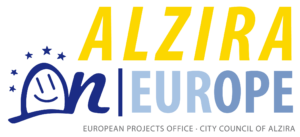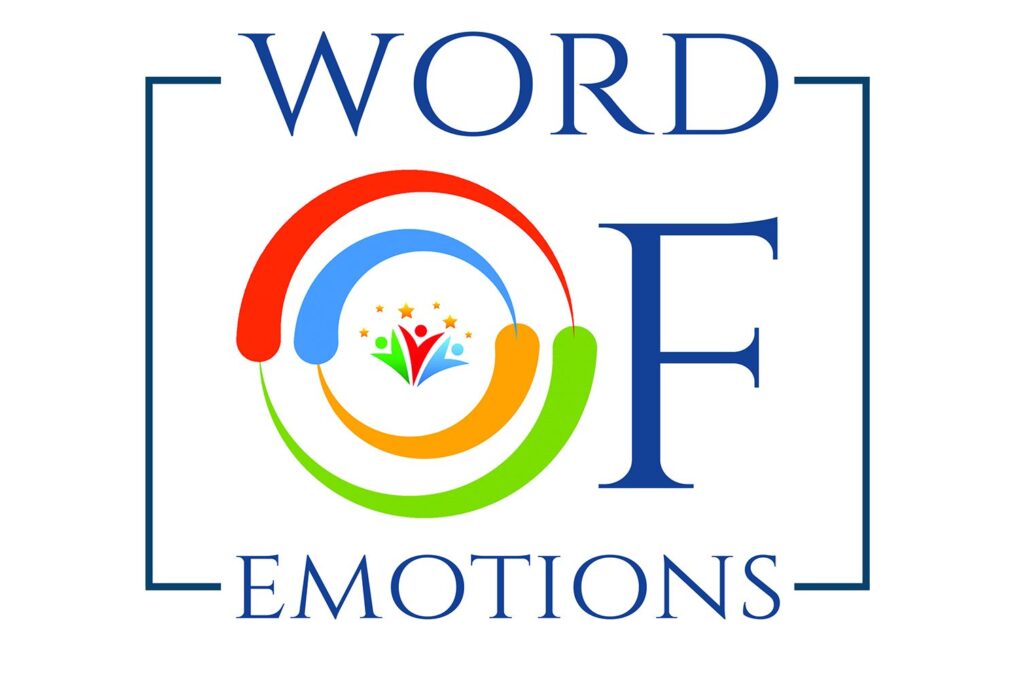
Word Of Emotions
Under the title, «European collaboration to improve the competencies of adults to educate the emotional intelligence of preschool and primary school children (WORD OF EMOTIONS), the project focuses on the need to improve the quality of European citizens’ education, as well as to improve their living standards and their social inclusion.

PROJECT’S START DATE: 01/09/2019
PROJECT’S END DATE: 31/08/2021
TOTAL BUDGET: 22.795,00€
WEBSITE: https://www.wordofemotions.com
Description and Objectives
The project has the following specific objectives:
– to improve the competencies of the personnel to provide the education and training of adults who care for/ educate preschool and primary school children with emotional problems
– to increase competencies (emotional, linguistic, pedagogical, educational, learning, social, empathic, ICT) and to provide support for adults who care for/ educate preschool and primary school children with emotional problems.
– to experiment innovative nonformal and informal methods to educate the adults who care for preschool and primary school children wih emotional problems.
– to create materials that could be used to educate adults who care for/ educate preschool and primary school children with emotional problems, to publish them and thus, to be used at European level by those interested: parents, trainers, adult education institutions, centres for social work, etc.
– to disseminate & multiply the results and best practices in the field
The project activities will include training courses, workshops and seminars, technical visits and the methods used will be: case study ,drama techniques, role playing, brainstorming, simulation, gamification.
The short-term impact will be a development of an European innovative program to educate/ train the staff from partner institutions and the adults who care for/ educate children with emotional problems; the medium and long-term impact will be the improvement of education/training of the target groups, the support & the social inclusion and the quality of life in local/regional/national communities of partner institutions, as well as the training provided by the institutions and experts in the field.
Project Partners

Book Of Emotions
The partners of the project have developed the Book of Emotions, it is a group of articles written by experts in the area of Emotional Intelligence for children in preschool and primary school.
The aim of the book was to achieve the proposed objective in the project, that of create materials/documents that could be used for teaching some based elements in education of the adults and staff that educate adults who care for preschool and primary school children with emotional problems, to publish them and that could be used at the European level by all of the interested those (parents, grandparents, trainers, schools, kindergartens, institutions of adult education, centers of social work, etc.) The book also include examples of good practice in the area of the project that can be used in education / training the of the staff careers of pre- 4 preschool age children to improve their skills and determine them to acquire a quality training. To realize it, all partners in the project participated and all of them presented innovative materials used during pilot training courses developed within locally level, but also during training activities at European level; also, the good practices that exist in their countries in the area covered by the project.
As result of a fruitful European collaboration, the „Book of emotions“ is available here to the interested public as open educational resource:
Brochure

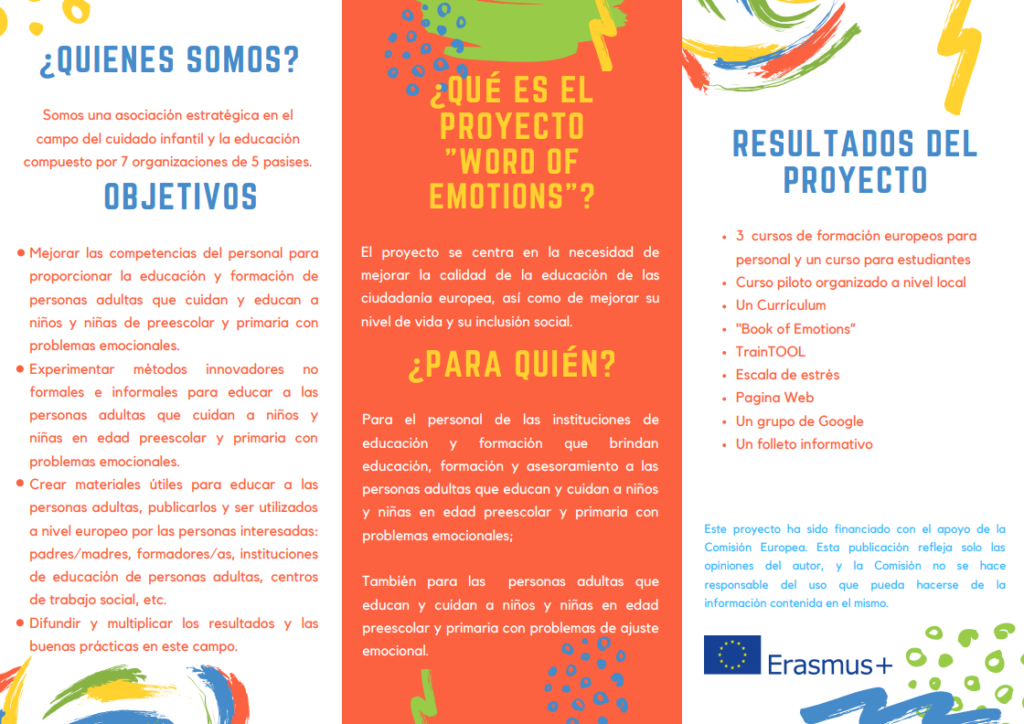
Information
The theme of the project was chosen to achieve the EU priority “Europe 2020 Strategy” regarding the intelligent increase favourable to inclusion through education and a healthy life. We chose the theme also based on the fact that current science has demonstrated the importance of emotional education in the development of the individual, an idea supported by UNESCO which, in 2002, initiated a world programme to promote the emotional education and Social Emotional Learning (SEL) in 140 countries.
The project is addressed to a socially disadvantaged category in the partner countries: adults that care for children with emotional problems, a phenomenon found in the partner countries because of various causes: leaving families to work abroad and letting the children at home in the care of other people (which leads to social-emotional problems in children); broken families, conflictual families, use of wrong educational methods in children education etc. This phenomenon has serious consequences not only in children’s behaviour (stress, school dropout, violence, depression, even suicide) but also affect the family and the quality of the life of the adults who care for them, hindering a normal life and their effective integration into society. Starting from here, the project proposes an European cooperation to improve the skills of the staff regarding the education of adults who care for preschool and primary school children with emotional problems, but also experimenting innovative methods and strategies to educate this category of adults . The project responds thus to the needs of the personnel in the partner institutions to improve skills and educational methods, and the learning / testing new methods of non-formal and informal education /training of adults who care for children with emotional problems.The project also meets the needs of the adults in the target group on their competencies development (emotional, educational, social, learning, empathy, intercultural, language, social, ICT) and also the needs of increasing quality of life and social inclusion.
The participants in the project will be the staff in the partner institutions and the adults who care for/ educate the children with socio-emotional problems. 105 people will participate in mobilities, and the number of those who will be involved directly or indirectly will be over 4-5000 people.
